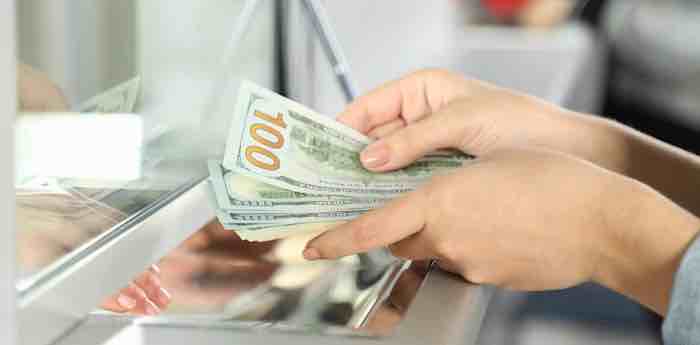By Dan Calabrese ——Bio and Archives--August 14, 2018
American Politics, News | CFP Comments | Reader Friendly | Subscribe | Email Us
 Excessively high interest rates are not good. You probably already figured that.
But interest rates that stay near zero for the better part of a decade are not good either, although you’d never know it from the geniuses who run the Federal Reserve. They’ve been keeping interest rates artificially low ever since the mortgage market meltdown of 2008 as a way of loosening credit and, according to them, fighting unemployment.
Excessively high interest rates are not good. You probably already figured that.
But interest rates that stay near zero for the better part of a decade are not good either, although you’d never know it from the geniuses who run the Federal Reserve. They’ve been keeping interest rates artificially low ever since the mortgage market meltdown of 2008 as a way of loosening credit and, according to them, fighting unemployment.The grim decade in which savers earned near nothing on their bank deposits is ending. That is good news for consumers and bad news for some banks. Since the Federal Reserve began gradually raising interest rates in December 2015, banks have been slow to pay depositors higher rates. With the latest rate increases, that is starting to change.
Online banks are leading the way, paying nearly 2%, while big banks are only just getting meaningfully above zero. What is important, though, is that every time the Fed raises rates, a bigger portion of that increase goes to consumers. In the second quarter, the so-called deposit beta, or the portion of a rate increase that is translated into deposit costs, jumped to 44% from 28% in the first quarter, according to Keefe, Bruyette & Woods. “This quarter I would characterize broadly as an acceleration or catch-up quarter” for bank funding costs, said KBW analyst Christopher McGratty. At the same time, long-term lending rates are staying low. This flattening of the yield curve puts certain kinds of banks in a vise, but not all. Banks with lots of loans tied to short-term benchmarks, including most business lenders, are repricing their loans higher constantly, which offsets the higher rates paid to depositors. But banks that make more long-term loans, like commercial real estate lenders, are coming under greater pressure, Mr. McGratty said. One important reason deposit rates have stayed low is that after a decade of zero rates, savers now view bank accounts as ways to manage money and payments, not as a source of income. This effectively has made banks almost like technology companies, competing to offer depositors convenient websites, apps, and payment solutions.
Support Canada Free Press

View Comments
Dan Calabrese’s column is distributed by HermanCain.com, which can be found at HermanCain
Follow all of Dan’s work, including his series of Christian spiritual warfare novels, by liking his page on Facebook.